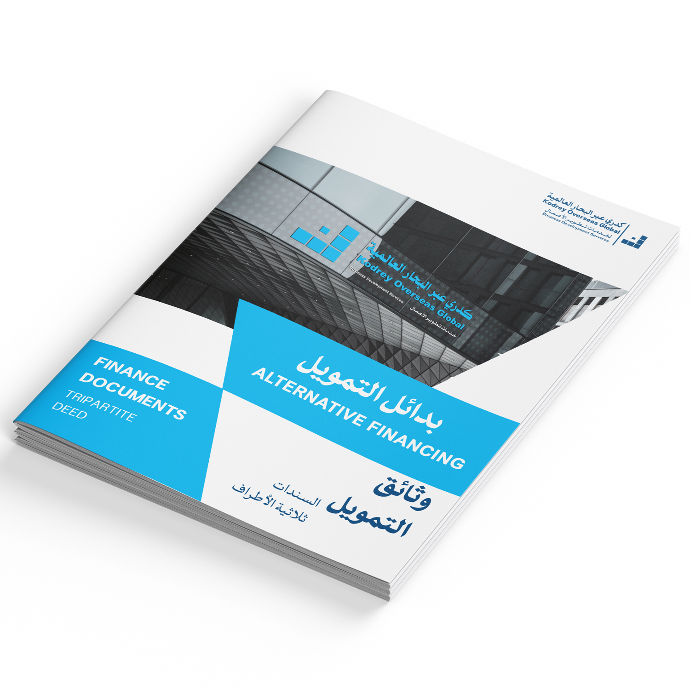FINANCE DOCUMENTS
Finance documents are crucial for securing loan approval and project success. Despite being complex and costly to produce, they play a vital role in ensuring Kodrey Overseas Global's commitment to exceptional service, ethical standards, and positive business development outcomes.
WHAT IS THE SIGNIFICANCE OF FINANCE DOCUMENTS?
Finance documents, though daunting, are indispensable for successful project financing. Despite their complexity and the involvement of numerous stakeholders, these documents, divided into forecasting and legal categories, play a pivotal role. The initial set includes business plans, financial models, and feasibility studies to secure project loans. The second set comprises legal documents for project development, construction, and operation. Despite potential gaps and conflicts due to multiple stakeholders and legal teams, these documents are critical for shaping and ensuring the success of project financing , Project Finance documents are crucial because they:
Ensure Legal Framework.
Facilitate Collaboration.
Meet Regulatory Requirements.
Mitigate Risks.
Secure Funding.
Shape Project Course.


BOOK A CONSULTATION
Kodrey Overseas Global Specializes in Project Finance Documentation
, Focusing on Saudi Expertise and Business Development in Saudi Arabia.
Book A Consultation to Discuss Your Needs and Learn How They Can Assist You In Business Development within The Kingdom.
BOOK A CONSULTATION

COMMON TERMS AGREEMENT
Project finance documents typically feature a Common Terms Agreement, essential for clarity and coordination among project lenders and the project company. This agreement outlines common terms across all project finance documents, including definitions, drawdown procedures, and voting powers for waivers and amendments. Common Terms Agreements facilitate a shared understanding of crucial elements in multi-sourced project loans. Delve deeper into the significance of Common Terms Agreements in project finance documents.
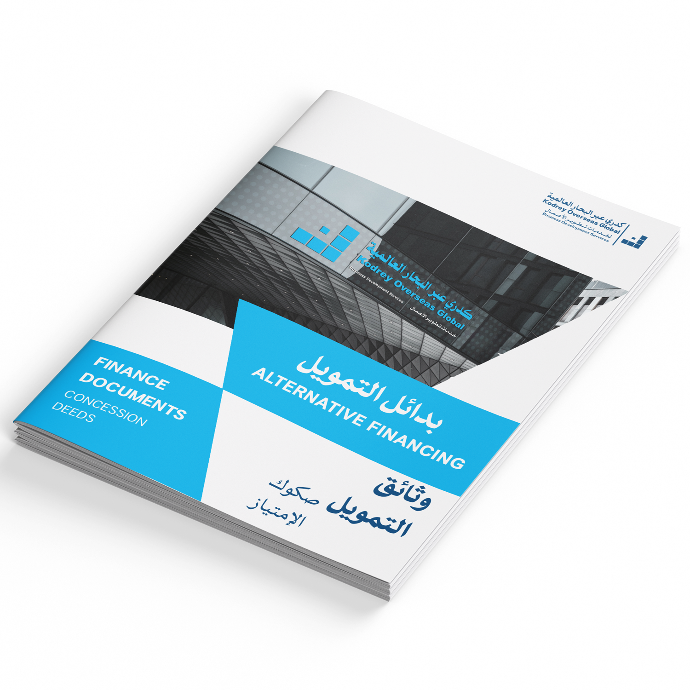
CONCESSION DEEDS
Concession Deeds, integral project finance documents, are agreements between the project company and a public entity with control over the project. These deeds grant the project company use of a government asset, like land or infrastructure, under specified terms and for a defined period. Common in projects involving government or sovereign authority, Concession Deeds are executed by national, regional, or municipal governments. Explore further details about the role of Concession Deeds in project finance documents.

EPC CONTRACTS
In project financings, turnkey contracts, especially Engineering, Procurement, and Construction Contracts (EPC), are highly preferred by project sponsors and lenders. These contracts obligate the contractor to design, engineer, build, and deliver the project for a fixed price and specified date, transferring both construction and design risks to the contractor. While similar, turnkey and EPC contracts are not interchangeable, making EPC contracts particularly desirable for comprehensive risk transfer in project financings.

GOVERNMENT LOANS AGREEMENT
In project finance, the Government Saudi Loan Agreement is a crucial document outlining loan terms and governing the relationship between the Government and the project company. Tailored for community-oriented facilities like schools, hospitals, and hotels, it covers loan drawdowns, interest calculations, and standard terms. This agreement includes specialized clauses addressing project-specific needs, playing a vital role in limited-recourse or non-recourse financing by specifying dividend restrictions, project metrics, ratios, and covenants, along with general conditions. Delve deeper into the specifics of the Government Saudi Loan Agreement in project finance documents.
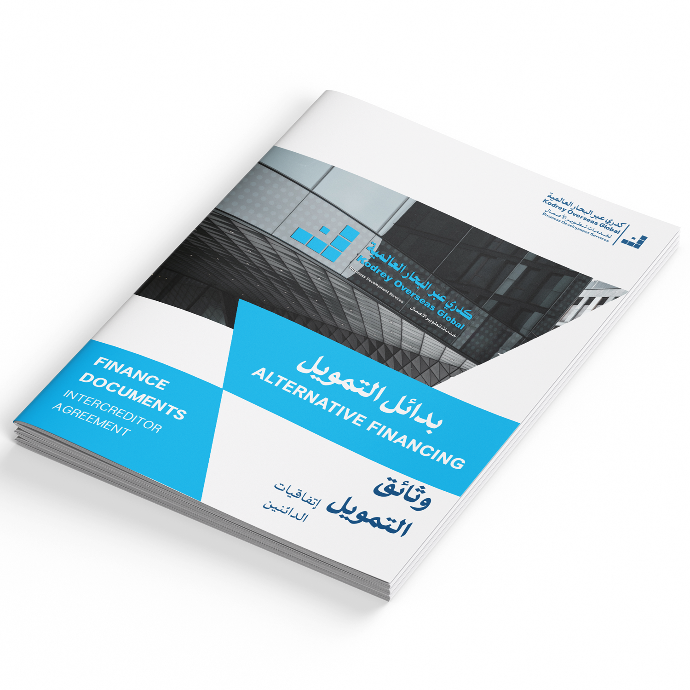
INTERCREDITOR AGREEMENT
In project finance, an Intercreditor Agreement is a vital document in consortium or syndicate arrangements among lenders. It outlines terms and relationships governing the borrower's obligations. Particularly important when mezzanine funding is involved, the agreement establishes subordination principles between senior and mezzanine debt providers. Discover more about Intercreditor Agreements in project finance documents.
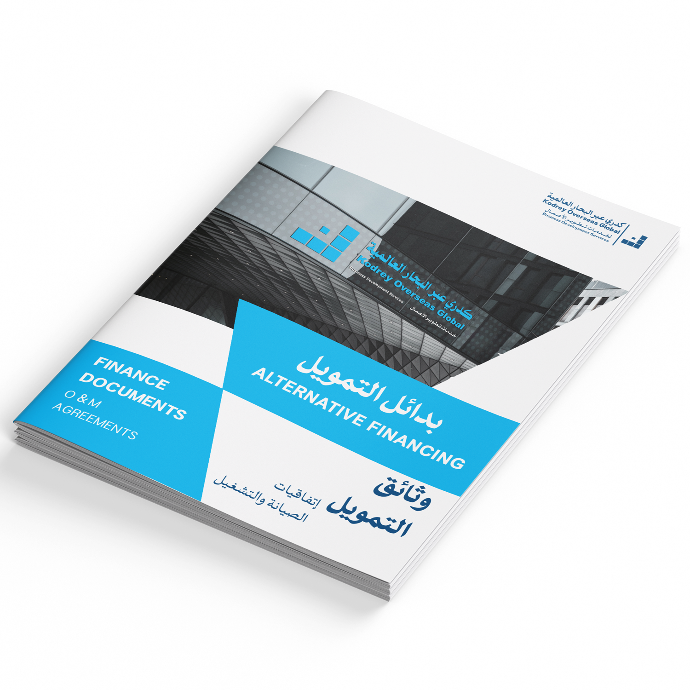
O&M AGREEMENTS
Operation & Maintenance Agreements (O&M Agreements) are crucial project finance documents governing the post-construction phase. Once a project transitions from development to operation, these agreements establish a contractual framework between the project company and a professional operator. The operator, whether the project sponsor, stakeholder, project company, or a third-party professional, manages and maintains the project, with expertise required in both the industry and the project's location. If the operator is the project sponsor or company, they retain responsibility and liability for operations and maintenance.
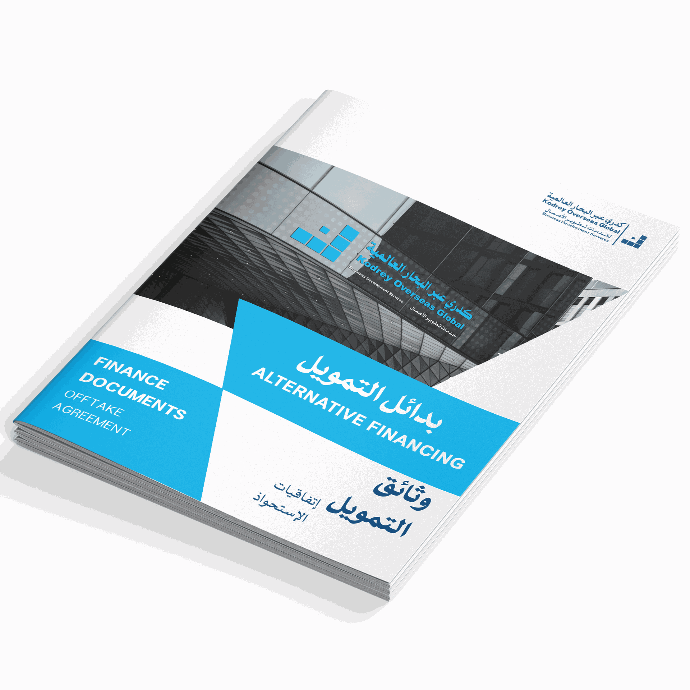
OFFTAKE AGREEMENT
Offtake Agreements, while just one of many critical project finance documents, often play a pivotal role in securing project finance loans. They carry significant weight as they provide the financial assurances lenders need to validate cash flow forecasts, making them essential for making projects bankable. In the absence of a revenue stream from a yet-to-be-built or operating project, Offtake Agreements offer documentary evidence that validates the financial models crucial for demonstrating the ability to repay the loan.
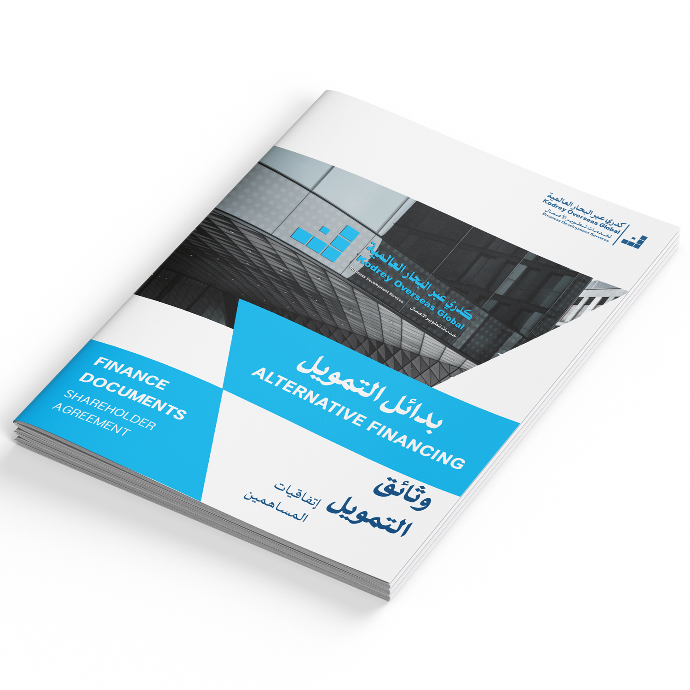
SHAREHOLDER AGREEMENT
The Shareholder's Agreement SHA , is a fundamental document in project finance, governing the formation of a Special Purpose Entity SPE by project sponsors for project development, ownership, and operation. It addresses crucial aspects such as share capital injection, voting requirements, dividend policy, SPE management, and disposal/pre-emption rights. This agreement outlines the basic structure held by sponsors in project finance transactions.
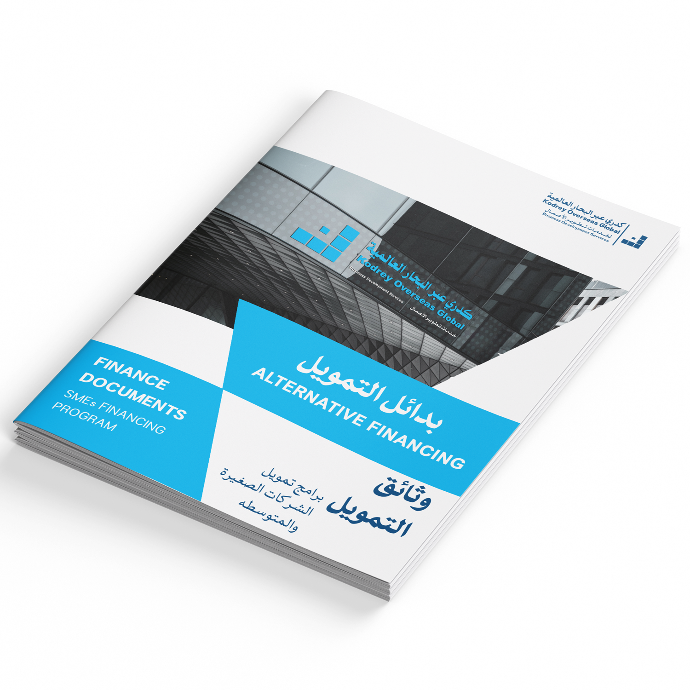
SMEs FINANCING PROGRAM
SME finance is the funding of small and medium-sized enterprises, and represents a major function of the general business finance market – in which capital for different types of firms are supplied, acquired, and costed or priced.
Small and Medium Enterprises SMEs play a major role in most economies, particularly in Saudi Arabia . SMEs account for the majority of businesses worldwide and are important contributors to job creation and global economic development.
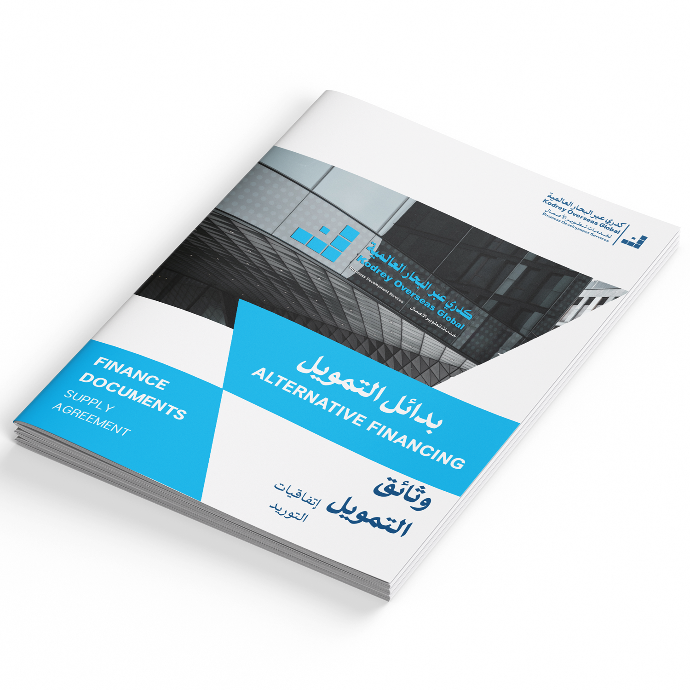
SUPPLY AGREEMENT
Supply Agreements in project financings are contracts between the project company and key suppliers, ensuring a steady flow of raw materials or fuel. These agreements allow flexibility in adjusting supply volumes based on project output sold to Offtakers. Crucial for projects involving fuel, electricity, natural gas, and similar commodities, Supply Agreements complement Offtake Agreements, maintaining a production balance. They can be fixed or variable with minimum and maximum ranges, and may include interruptible or uninterruptible supply options, making them critical project finance documents.
